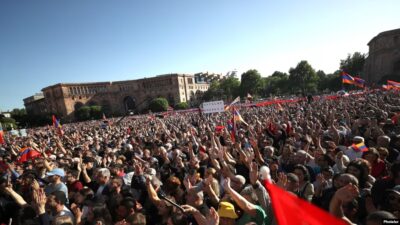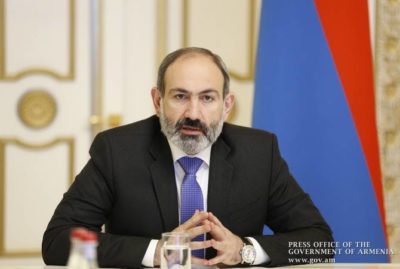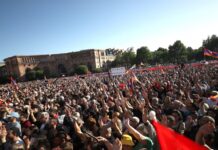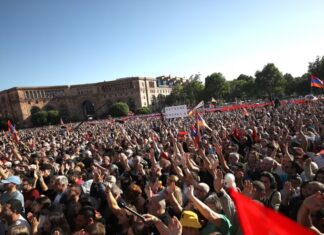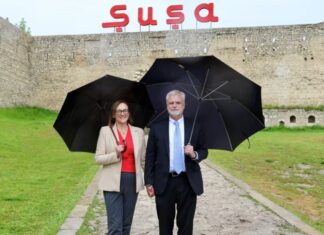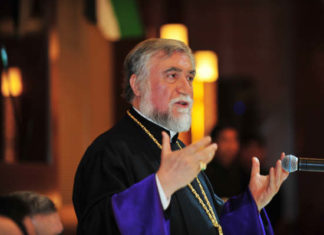YEREVAN — In honor of the 75th anniversary of the founding of the United Nations, Armenia’s Prime Minister Nikol Pashinyan delivered an address virtually. The address was delivered on September 25, before the Azerbaijani and Turkish attack on September 27.
This year we celebrate the 75th anniversary of the founding of the United Nations, an organization born of the ashes of World War II. We remember the sacrifices made by our ancestors for the sake of peace, the hardships and sufferings they endured for the future of humanity.
Today, for the first time, the UN General Assembly is being held on a virtual scale. As inconvenient and undesirable as it may be, meeting at this level demonstrates humanity’s determination to continue international cooperation, as it demonstrates our commitment and commitment to UN principles and multilateral cooperation.
The epidemic has had an unprecedented impact on all areas of human life. To address global challenges, all nations need to return to the field of effective multilateralism international cooperation under the auspices of the United Nations.
We appreciate the leading role of the United Nations, particularly the World Health Organization United Nations Development Program, in the global fight against COVID -19. We are grateful to all our partner countries who have supported Armenia. We also provided our share of assistance to our other partners. This collective effort is a crucial manifestation of international solidarity.
